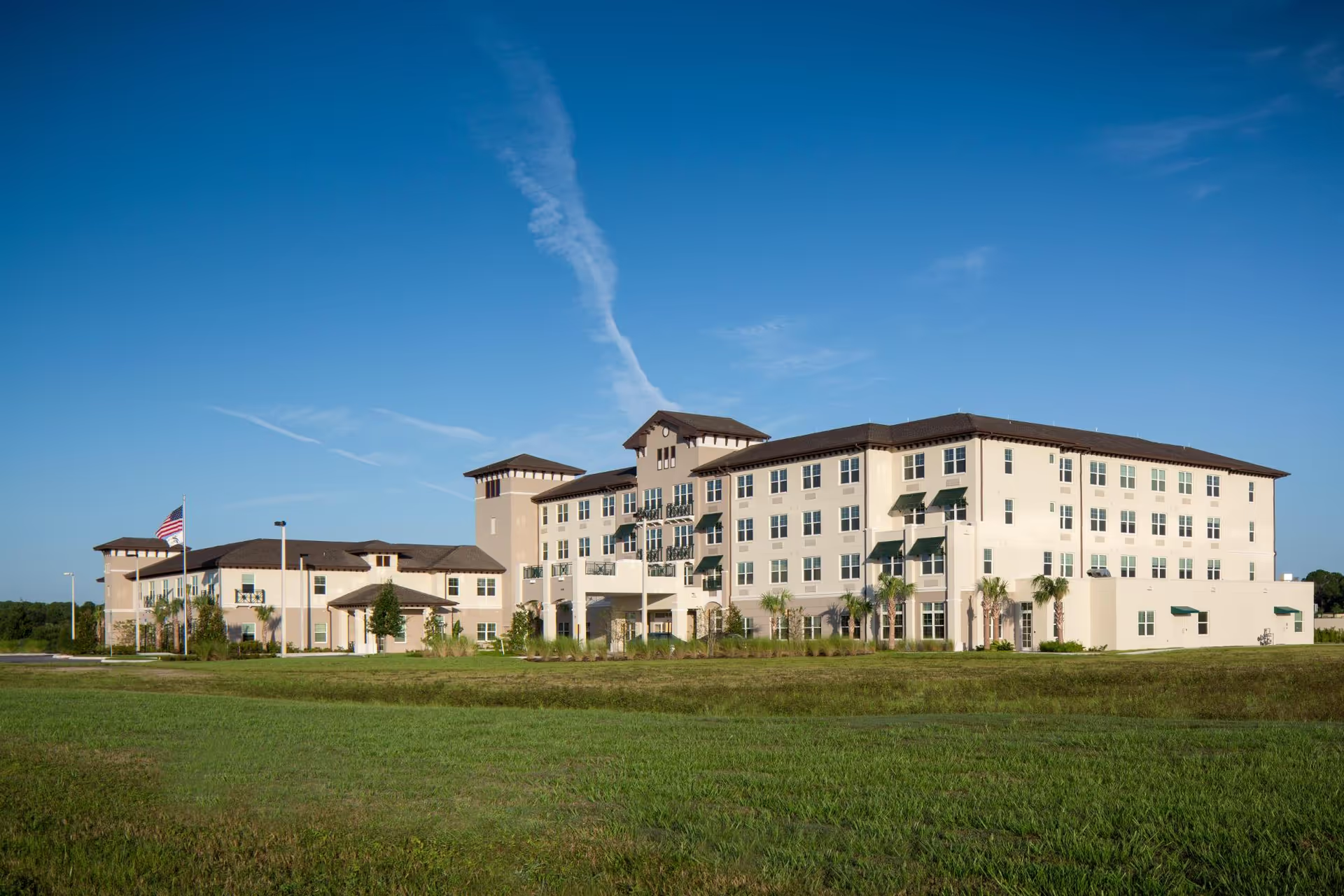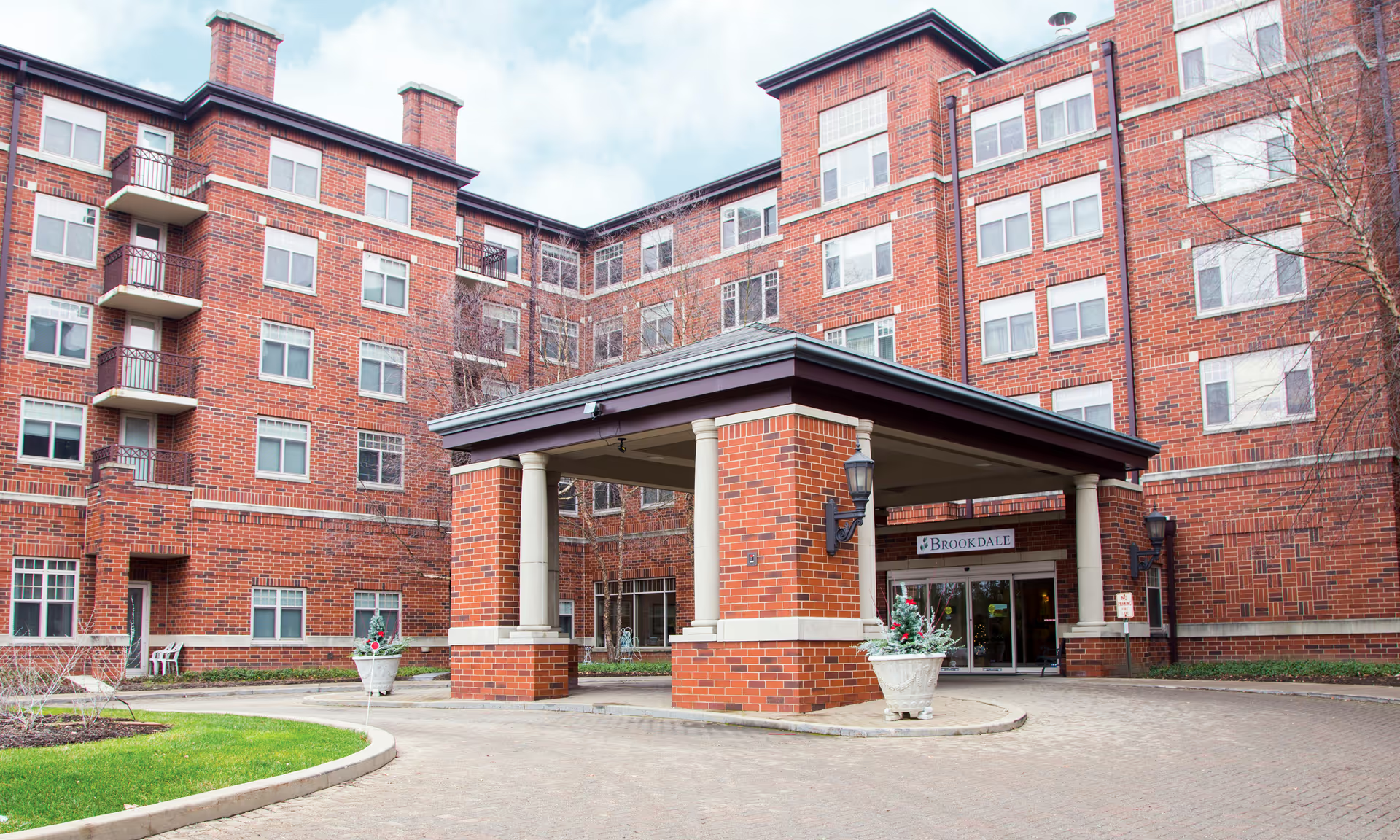The reviews for The Oaks - Athens present a strongly polarized picture: a facility with an attractive, hotel-like campus, excellent therapy resources and many individually praised staff members, but recurrent and serious operational and clinical failures that raise safety and quality concerns. Across hundreds of comments the physical plant, therapy gym and activity offerings are repeatedly lauded — reviewers describe a modern, clean building with spacious private rooms and large handicap-accessible bathrooms, attractive outdoor courtyards and multiple amenities (aquatic therapy, coffee shop, beauty salon). The therapy department (PT/OT) is mentioned dozens of times as a real strength: staff are characterized as skilled and effective, and many short-term rehab patients report measurable mobility improvement and successful discharges. The activities program (movies, bingo, karaoke, therapy dogs, horse visits, outings) is another recurring positive that contributes to residents’ social engagement and family satisfaction. Multiple reviewers also single out individual employees (nurses, therapists, admissions staff, activities director) as compassionate, knowledgeable and instrumental in good outcomes.
Despite those positives, the dominant negative theme is chronic understaffing and the cascade of problems it produces. Numerous reviewers report slow or unanswered call lights, long waits for toileting or personal care, wet or soiled bedding left for hours, inconsistent bathing and linen changes, and daytime or nighttime shifts with few CNAs on duty. Night and weekend coverage is repeatedly described as worse than daytime, and families frequently report having to stay 24 hours or return frequently to meet basic needs. Understaffing is tied to many downstream issues: missed or delayed medications (including critical IV antibiotics), unrecorded or incorrect medication administration, delayed removal or documentation of PICC lines, and infrequent blood pressure or vital-sign checks. Several reviews describe medication errors or unprescribed injections and medication-list mismatches that required rehospitalization.
Safety and clinical-care lapses reported in multiple reviews are particularly concerning. There are numerous accounts of resident falls with head injuries or lacerations and delayed responses to those events (delays getting X-rays, delayed transfers to the ER, or ambulance calls taking an hour). Infection-control and hygiene problems are frequently cited: urine and feces left in rooms or bathrooms for extended periods, bedsores and skin ulcers not treated or monitored, Norovirus or bronchitis outbreaks, and alleged failure to follow isolation or wound-care protocols. Some reviewers explicitly report deterioration in medically fragile residents, rehospitalizations for dehydration, infections, or potential further amputations, and even deaths tied by families to lapses in care. Several accounts describe rough handling, verbal abuse, or disrespectful behavior by staff toward residents or family members.
Communication and management issues form a second major negative strand. Many families report phones not being answered, emails ignored, difficulty arranging care-plan meetings, and administrators or directors of nursing who are unresponsive to complaints. Some reviewers say management defended or dismissed incidents rather than investigating, and others describe billing disputes, confusing or delayed discharge paperwork, and lost admissions/transfer paperwork. While some reviews describe proactive and responsive managers who solved problems quickly, these positive leadership reports coexist with many accounts of administrators who did not return calls or failed to coordinate follow-up care with outside physicians or hospitals.
Dining and hospitality receive mixed reports: some praise meal choices, accommodating kitchen staff, and food that is better than average; others complain of cold food, inappropriate menu items for dietary needs (high-salt or diabetes-inappropriate desserts), inconsistent meal delivery to rooms, and weight loss in residents. Laundry and belongings handling is another recurring administrative pain point — several families report lost clothing or items misplaced after laundering.
Another clear theme is variation in staff quality and reliability. Multiple reviewers praise individual nurses, CNAs, and therapists by name for going above and beyond; simultaneously many reviews document inconsistency — some aides are described as wonderful while others are described as inattentive or rude. This inconsistency is often attributed to high turnover, frequent new faces, inexperienced or undertrained personnel, and low morale tied to understaffing and low pay. Several reviews explicitly warn that the facility may be suitable for short-term rehabilitation where therapy staff can produce good outcomes, but not appropriate for long-term skilled nursing, complex medical needs, or memory care because of the chronic supervision and medical-management gaps.
In summary, The Oaks - Athens is repeatedly described as a facility with an excellent physical environment, outstanding therapy resources and many caring individuals on staff, but those strengths are repeatedly undermined by systemic problems: understaffing, inconsistent nursing care, communication and management failures, medication and infection-control lapses, and safety incidents. Families’ experiences range from highly positive rehabilitation success stories to reports of neglect, serious harm, or death. The most consistent patterns in negative reviews are delayed responses to call bells (especially nights/weekends), missed or incorrect medications, hygiene and wound-care failures, and unresponsive administration. The most consistent positive patterns are the facility’s built environment, the therapy department, and a subset of dedicated employees who provide compassionate care. These reviews together suggest that short-term rehab patients who primarily need therapy may still find good outcomes at The Oaks, but families of medically complex, long-term, or memory-care residents should weigh the documented safety, staffing and communication risks carefully and ask targeted questions about staffing ratios, weekend/night coverage, medication management processes, and incident-response protocols before choosing this facility.







